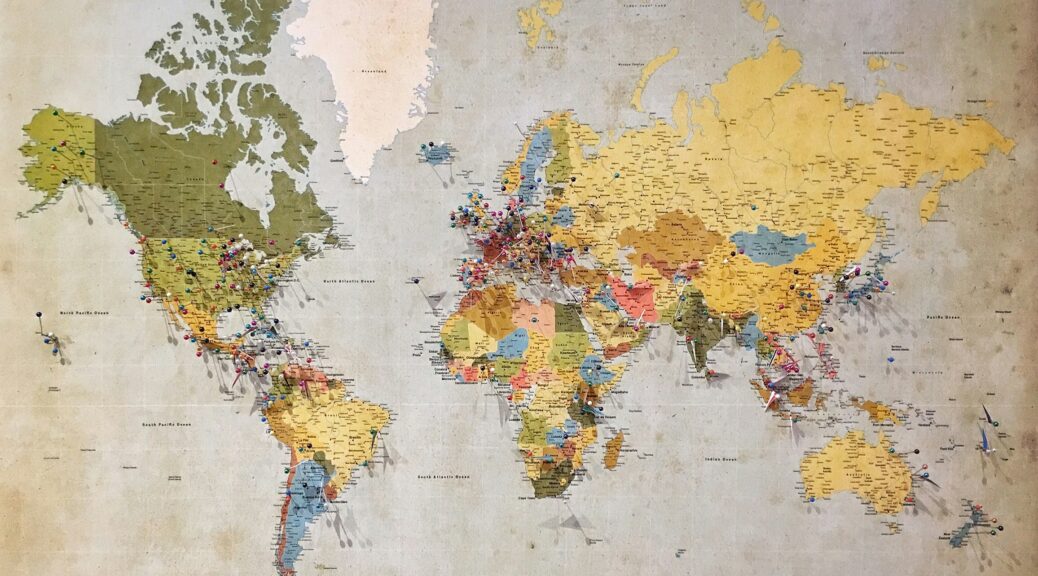Cultural Intelligence Matters
An International Perspective on Trade
I’ve worked across continents and seen how culture shapes business. From developing trade strategies in Brazil to exploring innovation in Japan, each experience revealed the human dimension behind global enterprise.
In SCORE workshops, I’ve guided small business owners to think beyond borders: how to market locally and export globally. The lesson is clear—international trade isn’t just about products. It’s about people.
Innovation Through Inclusion
Trade is more than the exchange of goods and services. It’s the exchange of ideas, values, and visions. It’s where cultures meet, negotiate, and co-create.
Innovation flourishes when diverse voices come together. A tech team in Egypt may approach a challenge differently than one in the U.S. A fashion house in Seoul might introduce a design that resonates globally. These multicultural collaborations spark fresh thinking and better solutions.
For business leaders, this means building teams that reflect the world we serve. Inclusion can be viewed strategically. Diverse perspectives drive better outcomes and resilience in global markets.
Building Bridges Across Cultures
International trade is a daily exercise in cultural exchange. Every transaction carries more than goods—it carries customs, values, and expectations.
At global summits, I’ve partnered with textile manufacturers in Southeast Asia and tech innovators in Europe. Each collaboration required adapting to distinct communication styles. In Japan, silence during negotiation signaled respect. In Brazil, warmth and expressiveness shaped every handshake.
Diversity means more than representation; it involves recognizing nuance, trust and respectfully handling differences.
Relationships Before Results
Trade is built on relationships. I once led a negotiation with a European candy manufacturer, armed with pricing models and marketing plans. Yet the meeting began with stories about family, food, and travel.
Rather than redirecting the conversation, I leaned in. That connection-built trust. When we finally addressed business, the tone was collaborative—not transactional. The deal moved forward smoothly, and the partnership endured.
In many cultures, relationships precede results. Recognizing that truth makes trade more effective—and more human.
Diversity as a Leadership Advantage
Diversity in trade is essential to global leadership. It reflects the richness of human experience—across cultures, generations, abilities, and beliefs. It fuels innovation, empathy, and resilience.
Leaders who embrace diversity build stronger teams, better products, and deeper partnerships. They lead with curiosity, not assumption. They listen before they speak. They understand that success in global markets begins with respect for global voices.
This isn’t just a moral imperative—it’s a competitive edge.
Final Thought
International trade is not only about moving goods—it’s about sharing ideas, building trust, and creating universal value.
Let us lead with cultural intelligence. Let us build businesses that reflect the world we live in. And let us trade not just in products—but in wisdom, empathy, and possibility.
Photo by Andrew Stutesman on Unsplash
- The Blue Economy:Sailing Through Youth, Oceans, and Leadership – by Ayse Oge - November 15, 2025
- Diversity’s Role in International Trade – by Ayse Oge - October 17, 2025

